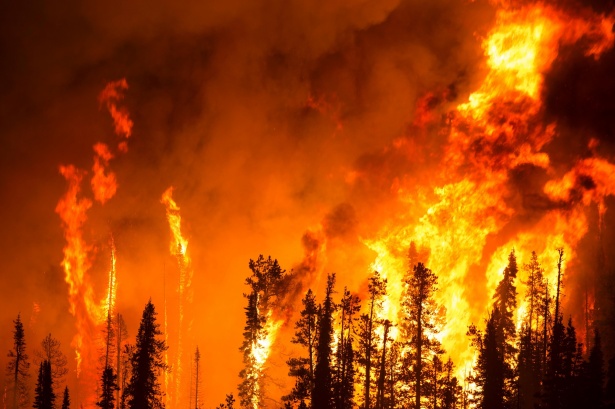
Environmental News from the General Assembly
By, Kendyl Crawford, Director of Virginia Interfaith Power and Light
“We are now faced with the fact that tomorrow is today. We are confronted with the fierce urgency of now. In this unfolding conundrum of life and history, there “is” such a thing as being too late. This is no time for apathy or complacency. This is a time for vigorous and positive action.” – Rev. Dr. Martin Luther King, Jr.
Another General Assembly (GA) session has gone by, along with our chances this year to seriously address climate disruption and environmental justice in Virginia. If we are to reduce carbon pollution caused by burning fossil fuels like coal, fracked-gas, and oil, quickly enough to effectively address climate change, we must start using our time more effectively. Climate change impacts all of us and disproportionately affects low-wealth communities and the vulnerable.
We are the first generation to feel the impacts of global warming and the last to do anything about it. We are already experiencing abnormally frequent and devastating wildfires, hurricanes, heat waves, and sea level rise. According to the United Nations Intergovernmental Panel on Climate Change, as of last year, we have 12 years left to substantially cut our carbon pollution. This would require rapid global cooperation to shift to a carbon-free economy on a scale never before attempted.
If we are not successful, then we have nothing less than the fate of the planet to lose. David Wallace-Wells’ new book, The Uninhabitable Earth: Life After Warming gives a comprehensive and depressing depiction of our bleak future if we do not rise to address this problem now.
A highlight from this GA session was Delegate Sam Rasoul’s (D-Roanoke) moratorium on fossil fuels (the OFF Act), which died on the floor of the House. The bill would have required a shift to 100% renewable energy, which is the direction that our society should continue to go. Unfortunately, the OFF Act did not foster serious discussions across party lines about how we can work together to address climate change. It was a rare piece of climate legislation that passed out of committee and miraculously made it to the floor.
A ray of sunshine from this GA session is the bipartisan effort to pass a bill that holds Dominion Energy accountable for cleaning up toxic coal ash (a byproduct of burning coal). The legislation will soon be signed by the governor and will require the complete excavation of more than 28 million tons of toxic coal ash that Dominion currently stores at Chesterfield Power Station, Chesapeake Energy Center, Possum Point Power Station, and Bremo Power Station. This will help to protect the clean water and the health of families that live near these coal ash ponds.
Other legislators introduced bills to address environmental injustice. Delegates Mark Keam (D-Fairfax County) and Charniele Herring (D-Alexandria) both introduced bills that would have codified an Environmental Justice Council. Although neither bill made it out of the Rules Committee, the discussion provided an opportunity for many legislators, including several in the Black Caucus, to learn about the issue and show their support for environmental justice by signing on as co-patrons.
Delegate Rasoul’s OFF Act, like the Green New Deal, are examples of the bold and forward-thinking legislation that we urgently need to consider. The next chance we have to address climate change in the GA will start on January 8, 2020, at which point we will have 10 years left to cut fossil fuels and limit the consequences of climate disruption. If we are to have any chance of doing so, which necessitates serious conversations among legislators and bipartisan efforts, we must hold our decision-makers accountable and make it clear that continued inaction is no longer acceptable.
We must remember the words of Dr. Martin Luther King, Jr., “This is no time for apathy or complacency.”
